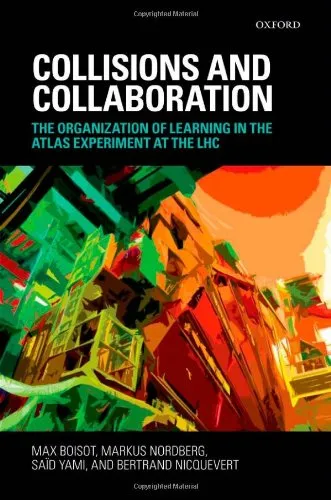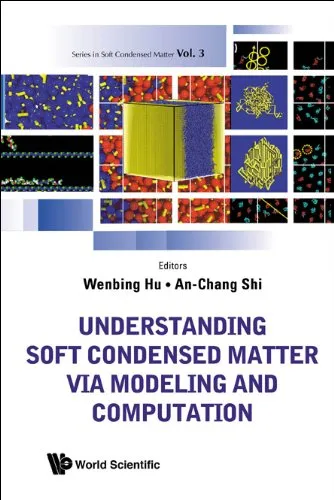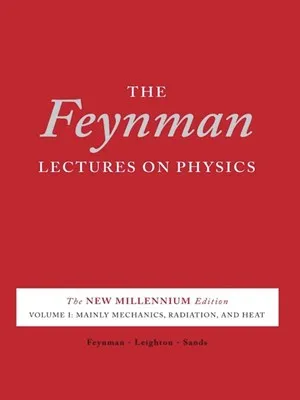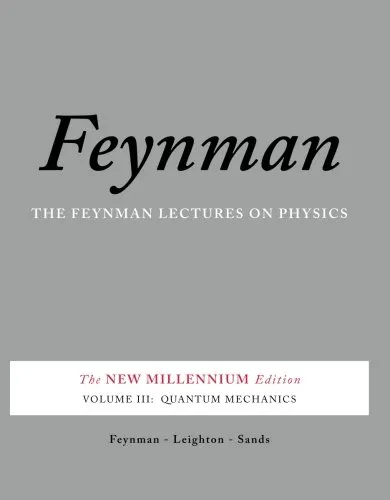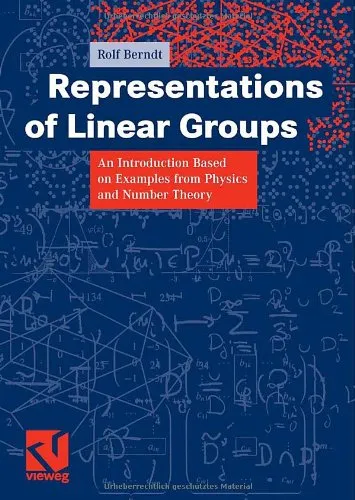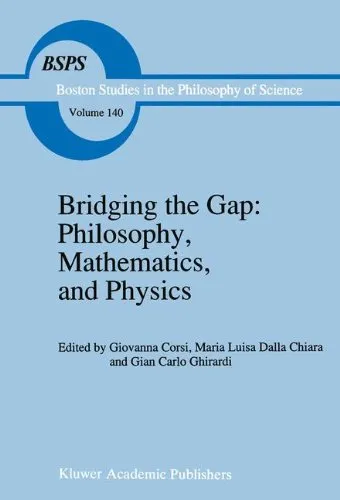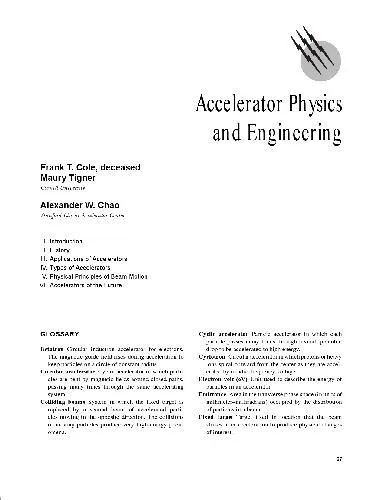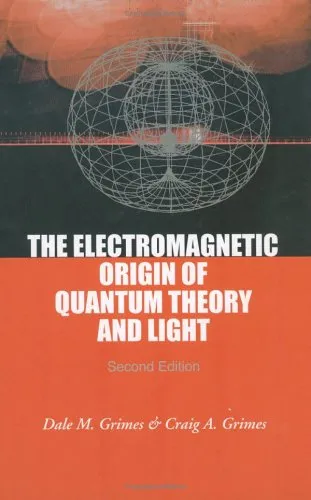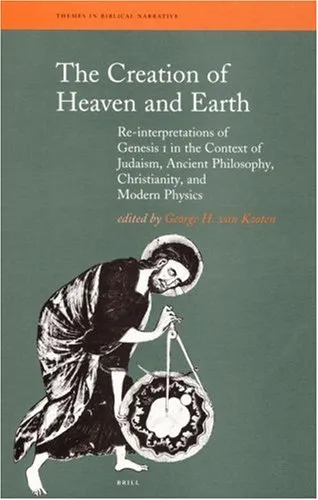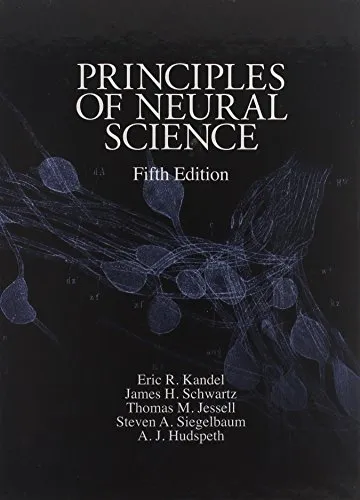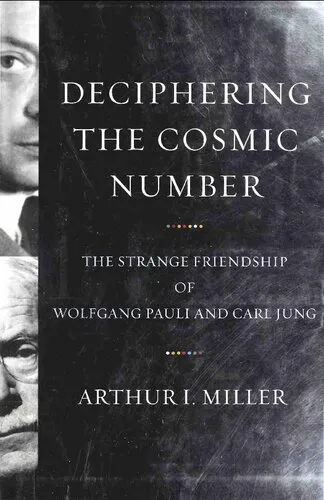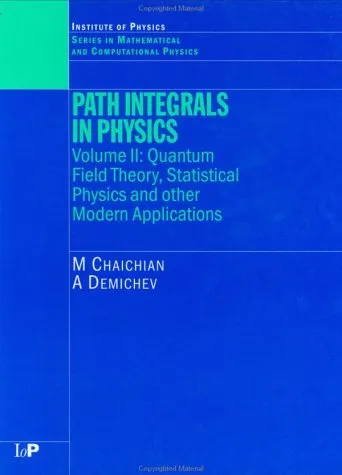Collisions and Collaboration: The Organization of Learning in the ATLAS Experiment at the LHC
4.8
Reviews from our users

You Can Ask your questions from this book's AI after Login
Each download or ask from book AI costs 2 points. To earn more free points, please visit the Points Guide Page and complete some valuable actions.Related Refrences:
Welcome to the intricately fascinating world of large-scale scientific collaboration, as we delve into the soul of one of the biggest experiments in human history—the ATLAS Experiment at the Large Hadron Collider (LHC). "Collisions and Collaboration: The Organization of Learning in the ATLAS Experiment at the LHC" offers an unprecedented exploration into how thousands of scientists from around the globe converge to make groundbreaking discoveries.
Detailed Summary of the Book
The book embarks on a compelling journey through the organizational dynamics and learning processes shaping the ATLAS Experiment at CERN's LHC. Situated at the intersection of physics, organizational theory, and knowledge management, this scholarly work dissects how scientific communities collaborate to harness collective intelligence effectively. The ATLAS Experiment is not just a scientific endeavor but a massive organizational challenge, where thousands of scientists, engineers, and technologists from diverse backgrounds must leverage their expertise toward common goals. Through firsthand observations, the authors draw a detailed picture of how these multinational teams form, interact, and solve problems, revealing insights into the flow of information and decision-making across different phases of the experiment.
Key Takeaways
- The ATLAS Experiment serves as a living lab for studying large-scale collaboration and organizational learning.
- Understanding the intricate communication networks among global scientists can enhance collaborative efforts in various fields.
- The book introduces a model of the "i-Space," which represents how organizations can navigate and manage complexity and uncertainty in knowledge-intensive environments.
- Identifying organizational bottlenecks and strategic knowledge flows can significantly impact the effectiveness of massive collaborations.
Famous Quotes from the Book
"The ATLAS Experiment isn't just about smashing particles, but about creating groundbreaking knowledge through powerful global collaboration and resourceful communication."
"Effective learning in organizations isn't just about knowledge acquisition; it's about the collective agility to adapt and innovate amidst change."
Why This Book Matters
The importance of this book lies in its unique perspective on one of the world's most ambitious scientific projects. By analyzing the ATLAS Experiment, the work offers practical insights into managing and optimizing large-scale collaborations. These insights are invaluable not only to physicists but also to managers, organizational theorists, and anyone involved in collaborative projects spanning diverse geographic and intellectual landscapes. Beyond this, the exploration of "i-Space" provides a framework that can be adapted to understand and facilitate learning and innovation in complex, dynamic environments. As organizations around the world become more interconnected, the lessons drawn from the ATLAS Experiment resonate strongly, offering pathways to harness collective intelligence more effectively.
Free Direct Download
You Can Download this book after Login
Accessing books through legal platforms and public libraries not only supports the rights of authors and publishers but also contributes to the sustainability of reading culture. Before downloading, please take a moment to consider these options.
Find this book on other platforms:
WorldCat helps you find books in libraries worldwide.
See ratings, reviews, and discussions on Goodreads.
Find and buy rare or used books on AbeBooks.
1335
بازدید4.8
امتیاز0
نظر98%
رضایتReviews:
4.8
Based on 0 users review
Questions & Answers
Ask questions about this book or help others by answering
No questions yet. Be the first to ask!
